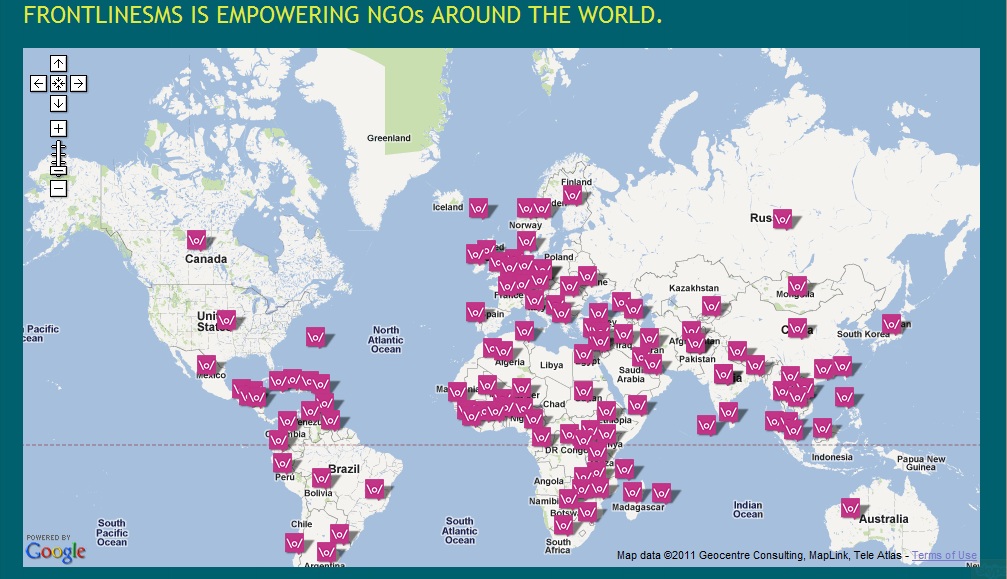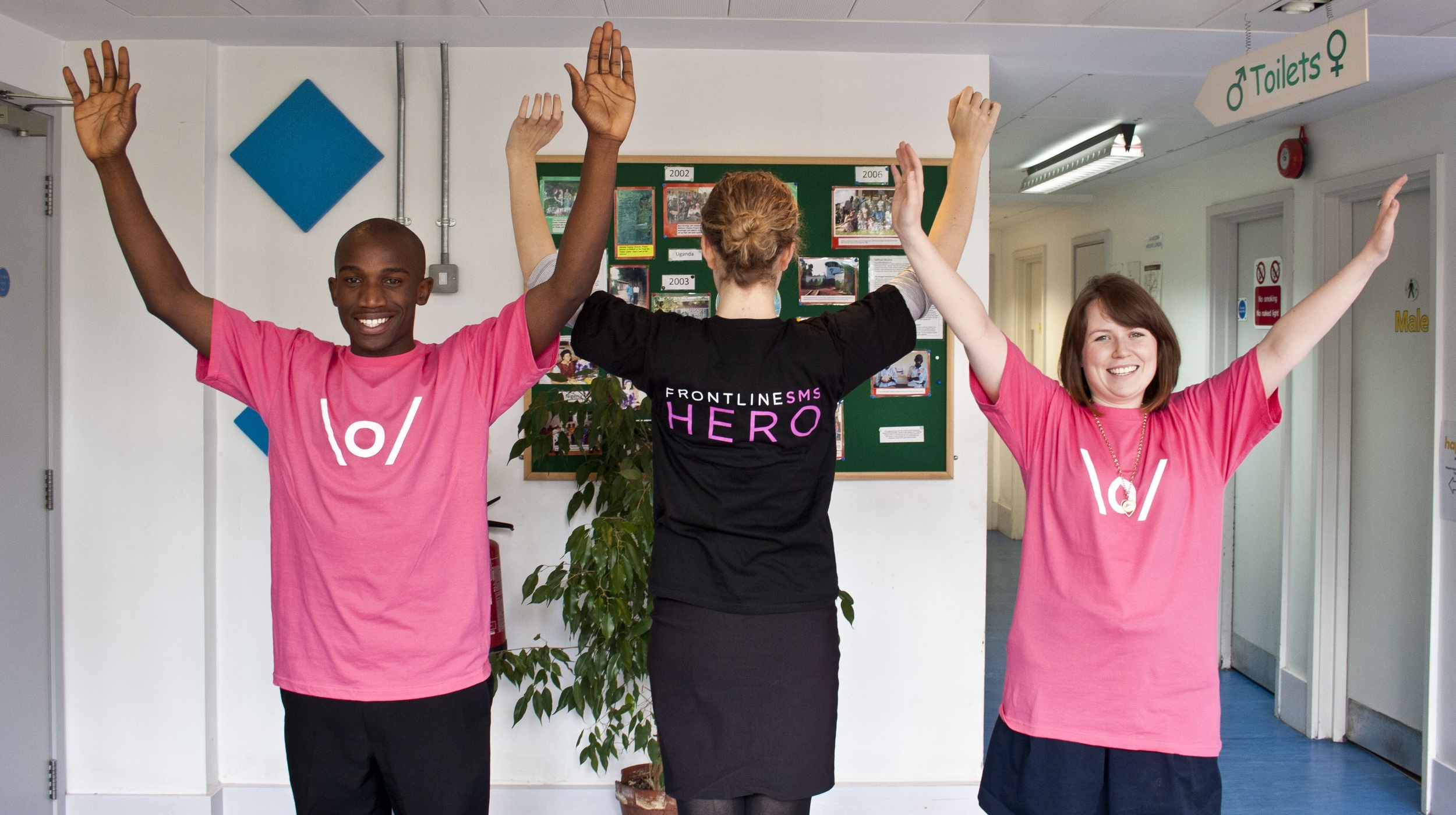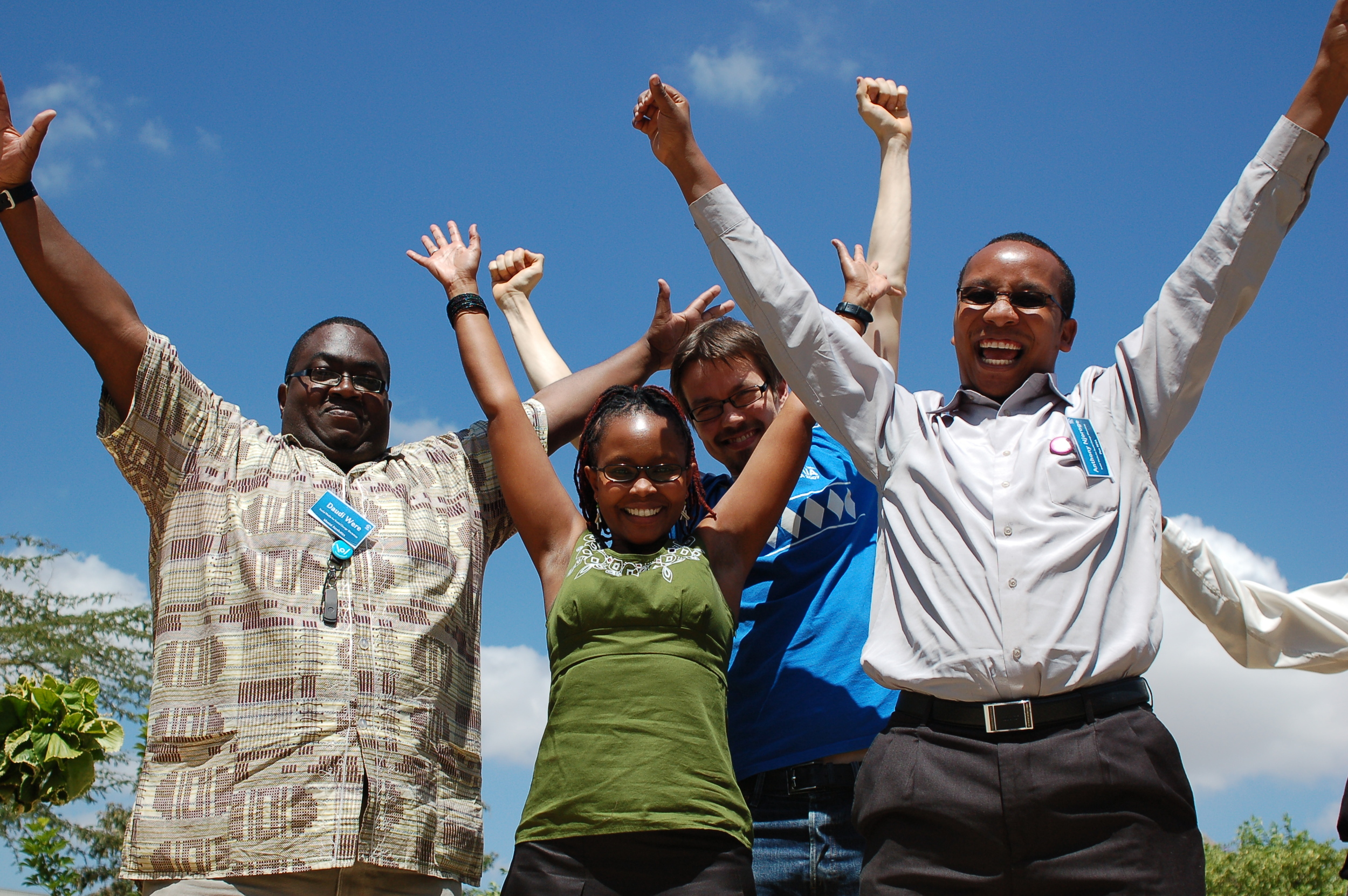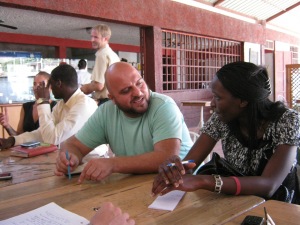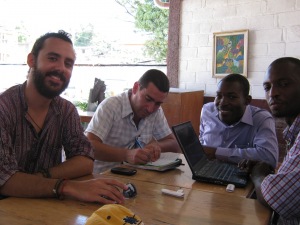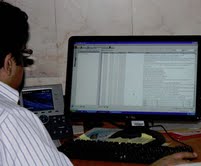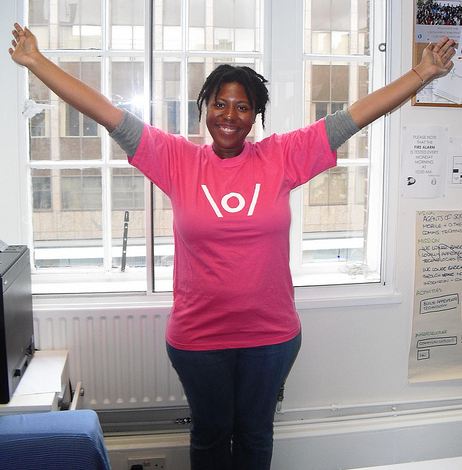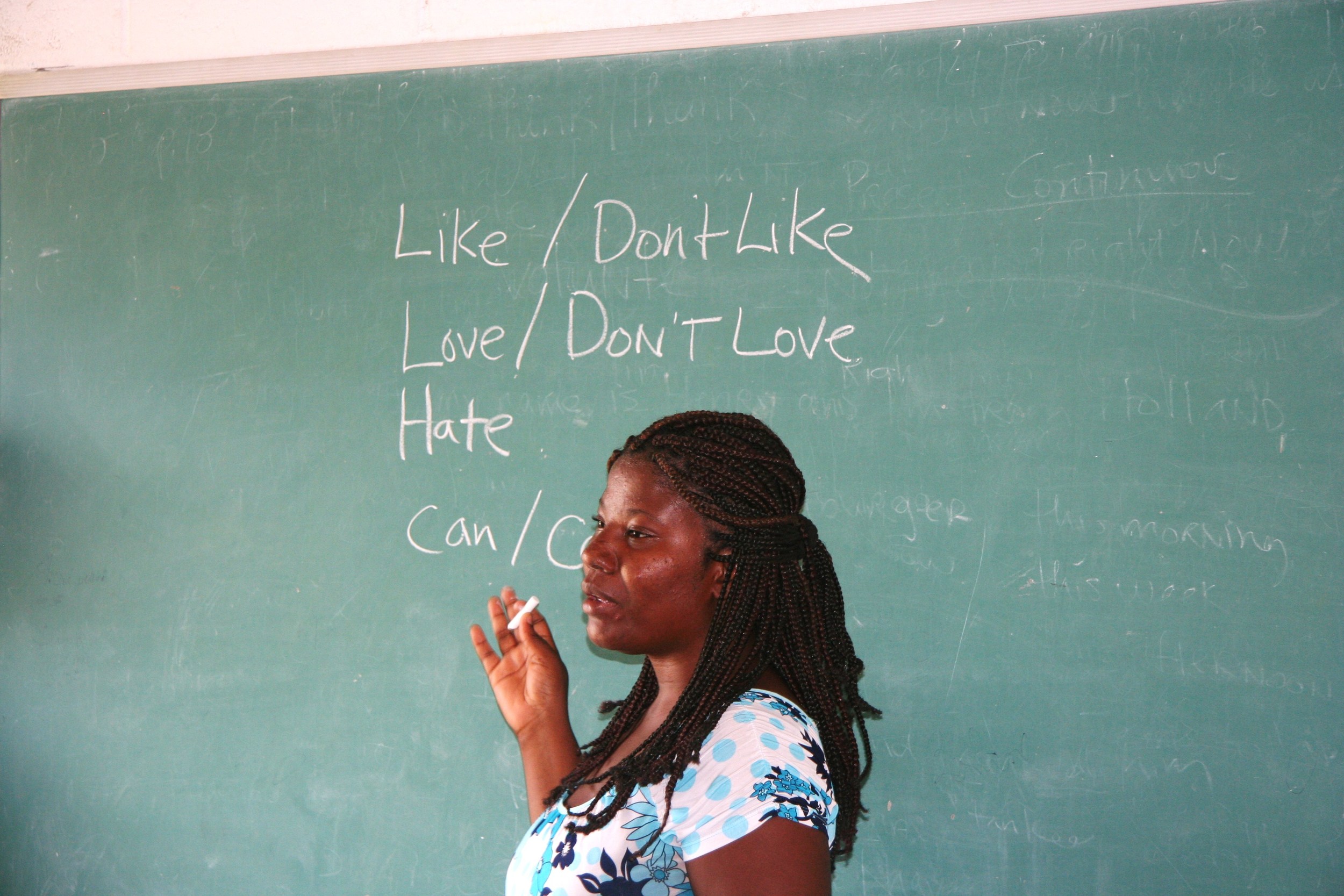By Florence Scialom, FrontlineSMS Community Support Coordinator
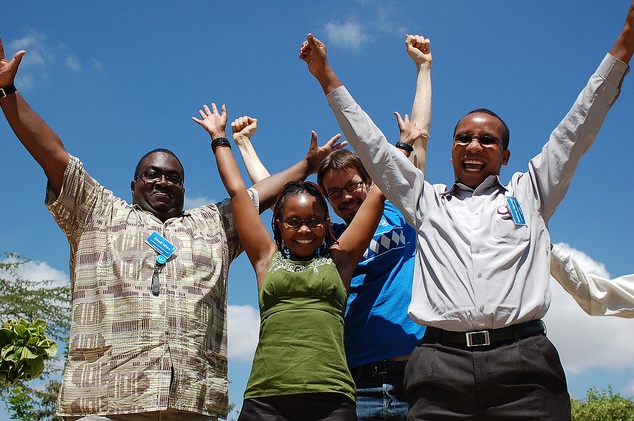
“Focus on the user and all else will follow,” has been one of our main mottos here at FrontlineSMS ever since the original version of our software was built in 2005. Yet it is undeniable that, as we gear up for a big year in 2012, the face of the FrontlineSMS user is more diverse than it was when we first started out. Ken Banks, the Founder of FrontlineSMS, has often said to the team here that he was excited when one person downloaded FrontlineSMS back when he first made the software available; at the end of 2011 the number of people who had downloaded FrontlineSMS passed the 20,000 mark.
As our user base continues to grow, our user-focused ethos is more important to us than ever. We strongly believe that our direction should continue to be guided by our passionate, innovative, and richly varied user community. That is why we would love to hear your views in our latest FrontlineSMS user survey. We want to hear your feedback on our user resources and our software, so that we can feed your opinions into our planning for 2012. Even if you aren’t using FrontlineSMS actively at the moment, your opinions still matter to us, and we’d love to hear any views and experiences you’d like to share about FrontlineSMS in our survey.
We have seen our software used in so many different ways – election monitoring, maternal health support, citizen engagement, education, coordination of humanitarian response, to name just a few – and in so many places – Kenya, Nigeria, the Philippines, Kyrgyzstan, Cote d’Ivoire, Canada, the UK are just some of the locations we’ve documented use of FrontlineSMS in within the last year. This is both very exciting and somewhat challenging for us; we would like to ensure that FrontlineSMS software and user support continues to meet the needs of our users, whatever those users now look like. The fact that our user community is growing makes it even more important for us to hear feedback, so we can serve increasingly varied and changing user needs.
And we’d like to say thank you - fill in the survey, and you’ll be in with a chance of winning a limited-edition FrontlineSMS T-shirt. For the next four weeks we will also be choosing one lucky survey respondent each week to win an unlocked, FrontlineSMS-compatible USB GSM modem. In addition, we will choose another lucky prize winner to get a copy of the well-known book, SMS Uprising, signed by our very own Ken Banks. (All those who have filled out the survey already will also be in with a chance of winning these prizes). So, as well as the opportunity to feed in to our 2012 strategy you could win some very exciting prizes! All this for just 5 minutes of your time - what have you got to lose?
There are many faces we see regularly in our user community. Those who are part of a small community based group, seeking to keep people informed about valuable yet hard to access information. Those who are part of a large NGO seeking coordinate communication with disparate staff, monitor the effectiveness of their work, and hear feedback from the communities they serve. Those starting a sustainable business in a developing economy, and wanting a way to keep in touch with all key stakeholders in areas where there is little or no internet access available. And even those in economically developed countries, who are working to engage vulnerable communities via the accessibility of SMS.
Do any of these descriptions sound like you? If so it would be great to hear your views and experiences with our software and resources. If you don’t feel you are represented in the above list (which is certainly not exhaustive), then we need to hear from you too! If you’re using or have thought about using FrontlineSMS then please fill out our survey and let us know who you are!
Last year’s survey results helped us to shape the major release of our software due out in 2012 – FrontlineSMS Version 2 – and it also helped us to understand that our users want to connect with each other more, and learn from each others’ use cases. Hence we worked throughout 2011 to document more use cases on our blog and have engaged members of our community to volunteer with us as FrontlineSMS Heroes, too. Recently one of our Heroes, Tom Marentette, has helped start an exciting trend of user meet-ups, certainly something we will seek to continue to build upon in 2012.
Now the team here is wondering, what will this year’s survey tell us? You can shape the answer to this question by filling out our survey, and helping us better understand the diverse face of our FrontlineSMS user community! o/














